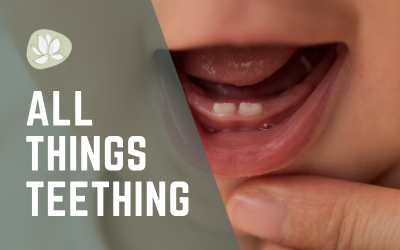At this point, almost everyone at one time or another has been on a diet. Body goals are not specific to any one gender, and you know firsthand just how difficult diets can be. That’s because many diets are not set up to be sustainable the way that making slow, meaningful, and deliberate lifestyle changes are. So, if you want to drop pounds, lose some inflammation, or even put on a bit more weight, it’s important to know the difference between diets and adopting a healthy eating lifestyle.
The Problem With Many “Diets”
Oftentimes people who follow fad diets or other limiting diets report that their weight “yo-yos.” In other words, when they are on the diet, their weight drops, but when they get off the diet, their weight goes back up. That is because many diets focus on the wrong things. You’re taught to pay attention to or severely limit calories, carbohydrates, sugars, or fats. But what you may not know is that when you immediately jump to a limited food intake, your body sometimes enters a state of stress—also called “starvation mode.” This could cause your body to start to hoard the foods you eat, meaning that you will hold on to the weight because you don’t know where the next meal is coming from. Ultimately, remember that your body is designed to keep you alive- radical changes quickly never do well.
Real vs. Fake Foods
What I rarely see taught is the difference between real and fake foods. Fake foods are prevalent in the diet industry. These include protein powders, protein bars, dehydrated snacks in individual packaging, meal replacement shakes, and more. When you look at the ingredients of any of these food products, they are mostly made of food flavors, artificial sugars, and a ton of chemicals. These “ingredients” immediately put the body into stress mode, which overwhelms the liver, and I see the body shut down. There is no real weight loss no matter what happens, or on the flip side, many pounds are lost only to rebound and even more weight is put on after the diet stops. Real foods, on the other hand, are the ones you can see for what they are almost in their totality. This includes fresh vegetables, fruits, organic meats, wild-caught fish, and more. Focusing on eating more real foods than fake foods will help you on your journey to health—no yo-yo-ing is needed!
Which Foods Should You Focus on Long-term?
If your overall goal is to be more healthy, fit, energized, and mentally well, focusing on these real foods will be key. I have long been taught that an unhealthy body stores weight, while a healthy body will drop weight far easier with lasting results. Eating all real foods will help you get the necessary nutrients for a healthy body and functioning mind. Plus, if you are a parent, teaching your children the difference between real foods and fake foods will also help them as they nourish their bodies throughout their lives. Look at committing to a week or two of nothing but real food, then pay attention to your body, its pain levels, your mind, your sleep, and your colon function. I think you will find improvement in all these areas and the desire to commit to more!




Recent Comments